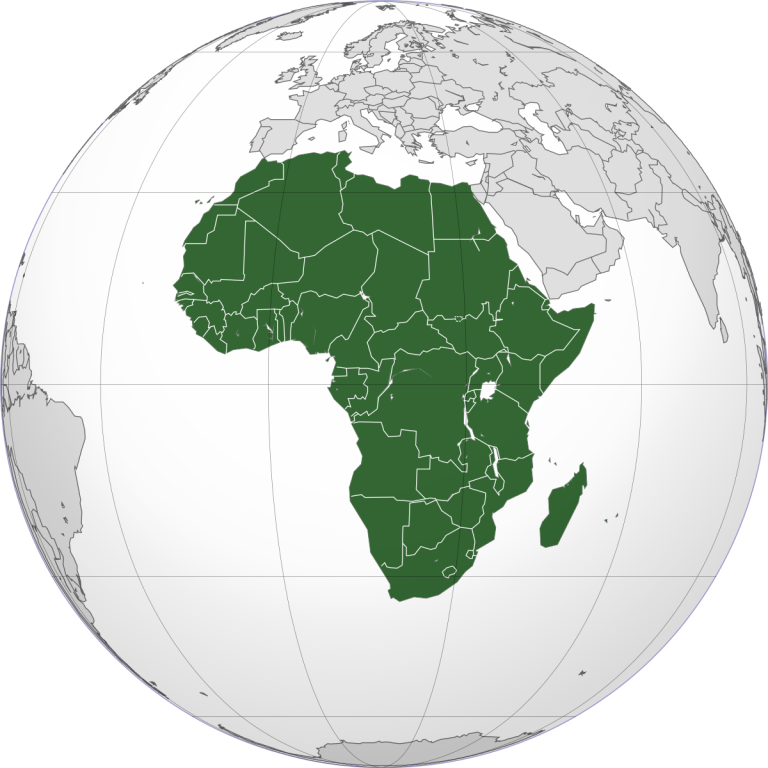A significant portion of Africans believe their governments are not fully prepared to handle future public health emergencies like COVID-19, according to recent Afrobarometer surveys. Only 51% of Africans feel their governments are “somewhat” or “very” prepared for such crises, underscoring widespread concern about readiness for future pandemics.
Health-related issues rank as the second-most important problem that Africans want their governments to address, just behind unemployment. With the World Health Organization (WHO) recently declaring mpox a global public health emergency of international concern, the urgency for better preparedness has grown even stronger.
Key findings from the Afrobarometer survey reveal that while most Africans (58%) support increased investment in pandemic preparedness, even at the cost of other health services, opinions vary notably across different countries.
ALSO READ Nigeria records 39 Mpox cases, zero deaths – NCDC
ALSO READ MPox: FG escalates surveillance at entry points for early detection
For instance, a significant portion of the population in Liberia (82%), Tanzania (75%), and Ethiopia (75%) advocate for greater investment in health emergency preparedness. Conversely, majorities in Gabon (70%) and Congo-Brazzaville (55%) disagree, preferring those resources be allocated differently.
Afrobarometer’s research highlights a crucial call to action for African governments to prioritize and enhance their health systems, ensuring they are better equipped to manage and mitigate future health crises.
The findings serve as a reminder that while strides have been made, there is still much work to be done to safeguard the health and well-being of populations across the continent.
Afrobarometer continues to provide critical insights into the needs and perspectives of African citizens, with its surveys offering valuable data to inform policy decisions and improve governance across the region.


